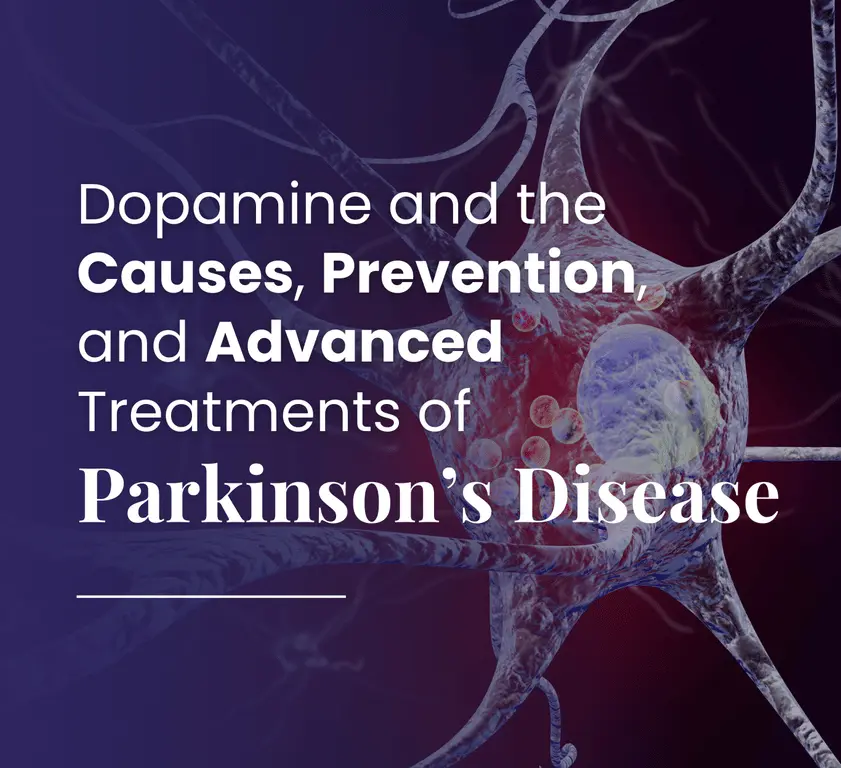Research Details

Dopamine and the Causes, Prevention, and Advanced Treatments of Parkinson’s Disease
Parkinson's disease (PD) is a neurodegenerative disorder with a wide range of motor and non-motor symptoms. Despite optimal medical management, PD still results in a high disability rate and secondary complications, and many patients lead a sedentary lifestyle, which in turn is also associated with a higher co-morbidity and mortality. Dopamine is a type of monoamine neurotransmitter. It is made in your brain and acts as a chemical messenger, communicating messages between nerve cells in your brain and the rest of your body. Dopamine is what motivates us to do something. Dopamine is a large factor in many of our day-to-day actions: it decides our mood, what we remember, and even how we move and act. This Dopamine and PD study is anticipated to inform those with PD of treatments that work better than others. Strong elements of this research paper include treatments such as MR-Guided focused Ultrasound, Gene Therapy, Park-in-Shape, and the rise of a PD Vaccine. This research paper's secondary goal is to inform those looking to avoid PD or who already have PD and wish to avoid the symptoms on how to avoid the symptoms of the disease. This Dopamine and PD study aims to explain what dopamine is, how it works, how it affects the body, and the effects of unhealthy levels of dopamine.
By: Jeremy Nashid
